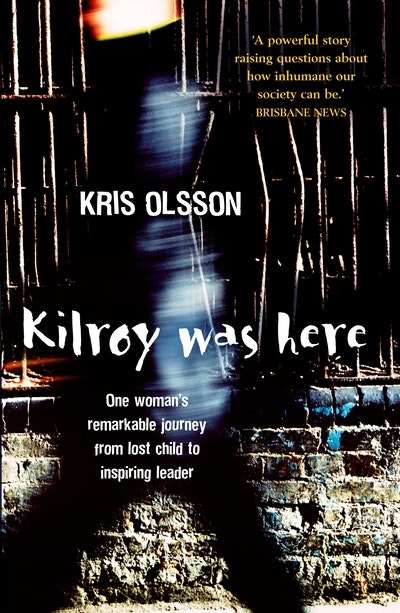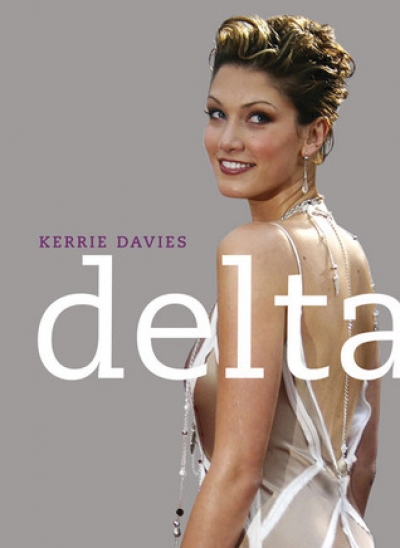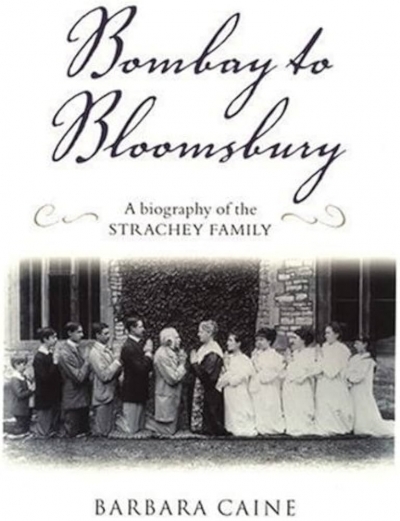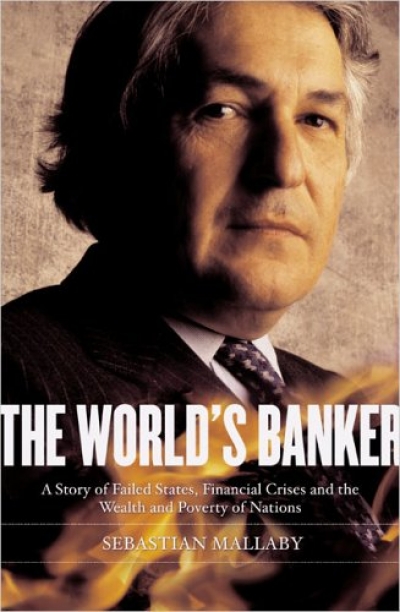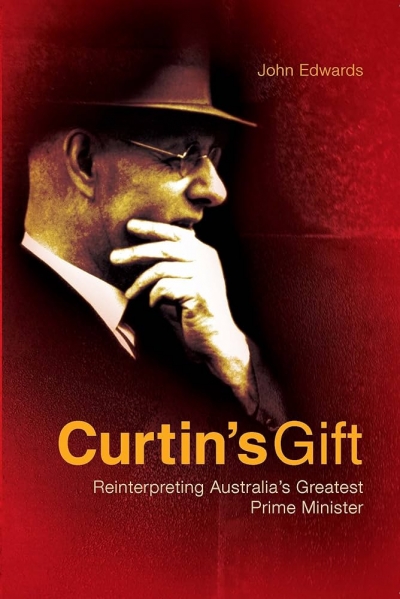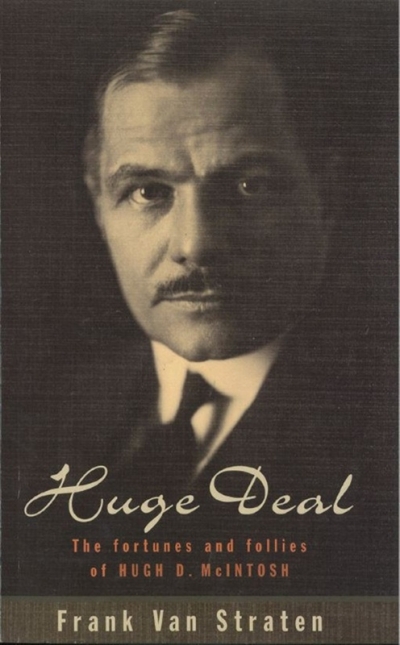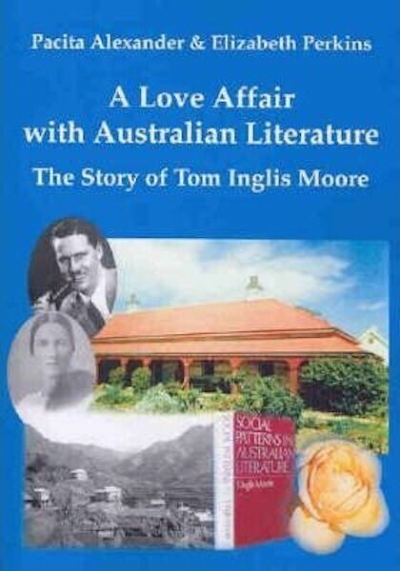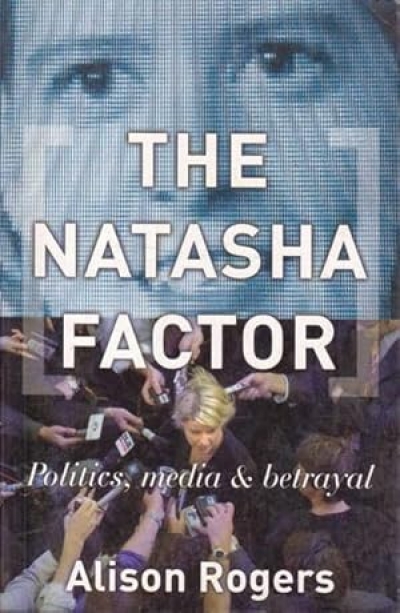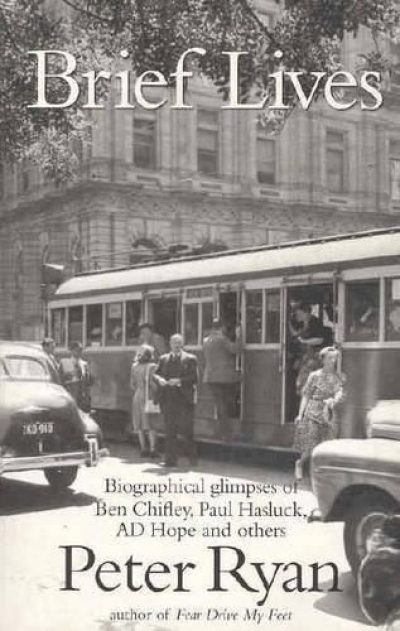Biography
Kilroy Was Here by Kris Olsson & Desperate Hearts by Katherine Summers
by Christina Hill •
Bombay to Bloomsbury: A biography of the Strachey family by Barbara Caine
by Ian Britain •
The World's Banker: A story of failed states, financial crises and the wealth and poverty of nations by Sebastian Mallaby
by David Langsam •
Curtain's Gift: Reinterpreting Australia's greatest prime minister by John Edwards
by John Wanna •
Huge Deal: the fortunes and follies of Hugh D. McIntosh by Frank Van Straten
by Peter Ryan •
A Love Affair with Australian Literature: The story of Tom Inglis Moore by Pacita Alexander and Elizabeth Perkins
by Anthony J Hassall •
The Natasha Factor: Politics, Media and Betrayal by Alison Rogers
by Margaret Fitzherbert •


